Stop Bruising Easily: How Vitamin K Helps in Blood Clotting
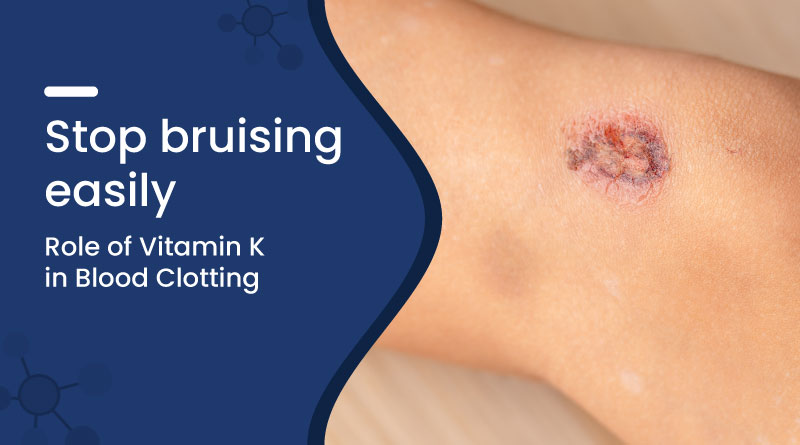

Omega-3 Fatty Acids 250 mg, Cyanocobalam...
Each Soft Gelatin Capsule Contains: Omeg...
Pumpkin Seed Extract 40 mg, Blueberry Ex...
Bruising too easily? You might be lacking Vitamin K, a key nutrient that helps your blood clot properly. Without enough of it, even minor bumps can lead to large, purple marks. In this blog, we’ll break down the role of Vitamin K in blood clotting, how its deficiency affects your body, and what you can do to maintain healthy levels naturally.
What is Vitamin K, and How Does it Help in Blood Clotting?
Vitamin K is a fat-soluble vitamin essential for blood clotting. It activates proteins that help your blood coagulate, preventing excessive bleeding from minor injuries. Without enough Vitamin K, your body can't produce these clotting factors effectively.
There are two main types:
- Vitamin K1 (phylloquinone) – found in leafy greens
- Vitamin K2 – found in fermented foods and animal products
Both support healthy clotting, but K1 is more directly linked with preventing bruising and bleeding.
Why Do You Bruise Easily with Low Vitamin K?
When your Vitamin K levels are low, your blood takes longer to clot. This can cause:
- Frequent or unexplained bruises
- Heavy bleeding from small cuts
- Nosebleeds
- Blood in urine or stool
In short, Vitamin K deficiency weakens the clotting process, making your blood vessels more prone to leakage.
What Causes Vitamin K Deficiency?
Many factors can cause low Vitamin K levels:
- Poor dietary intake (not eating enough green vegetables)
- Chronic use of antibiotics
- Liver disorders (since clotting factors are produced in the liver)
- Fat absorption issues (common in conditions like celiac or Crohn’s disease)
- Newborns are naturally low in Vitamin K and often need supplementation
Which Foods Are Rich in Vitamin K?
To naturally boost your Vitamin K levels, add the following to your diet:
| High in Vitamin K1 (Plant-Based) | High in Vitamin K2 (Fermented/Animal-Based) |
|---|---|
|
|
Eating a balanced diet rich in these foods supports clotting and reduces the risk of bruising.
Who Needs Extra Vitamin K the Most?
Some people are more likely to have a Vitamin K deficiency:
- Older adults with poor diets
- People with digestive disorders
- Patients on long-term antibiotics or blood thinners
- Newborn babies (they usually receive Vitamin K shots at birth)
If you fall into one of these categories, keep an eye on signs like easy bruising or prolonged bleeding.
How Can You Boost Vitamin K Levels Safely?
- Eat leafy greens daily – Add spinach, kale, or collard greens to meals.
- Use healthy fats – Vitamin K is fat-soluble, so pair it with olive oil or nuts for better absorption.
- Avoid overusing antibiotics – Only use them when prescribed.
- Consult your doctor before taking Vitamin K supplements, especially if you're on blood thinners.
Is Vitamin K Safe for Everyone?
In most cases, Vitamin K is safe when consumed through food. However, if you're on blood-thinning medication (like warfarin), consult your doctor before increasing intake or taking supplements, as it may interfere with your treatment plan.
Frequently Asked Questions
Q. Can Vitamin K stop bruising?
A. Yes, Vitamin K supports blood clotting and can reduce bruising caused by minor injuries or weak blood vessels.
Q. What if I lack Vitamin K?
A. You may bruise easily, bleed excessively, and heal slowly from wounds or cuts.
Q. How much Vitamin K is needed daily?
A. Adults generally need about 90–120 mcg per day, depending on age and gender.
Q. Can I take Vitamin K if I’m on blood thinners?
A. Only under medical supervision. Vitamin K can affect how blood thinners work.
Q. Is Vitamin K good for skin and bones too?
A. Yes, it helps in wound healing and supports bone strength by regulating calcium levels.
Conclusion
If you bruise easily, it might not just be clumsiness—it could be a sign of low Vitamin K. This powerful nutrient keeps your blood clotting system in check and reduces unnecessary bleeding. Focus on a Vitamin K-rich diet, understand your risk factors, and consult a healthcare provider if symptoms persist. Healing begins from within.

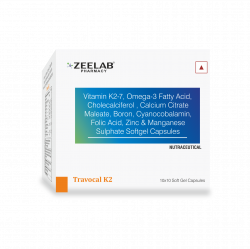
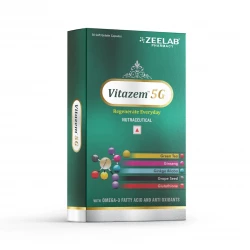
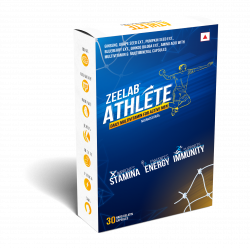
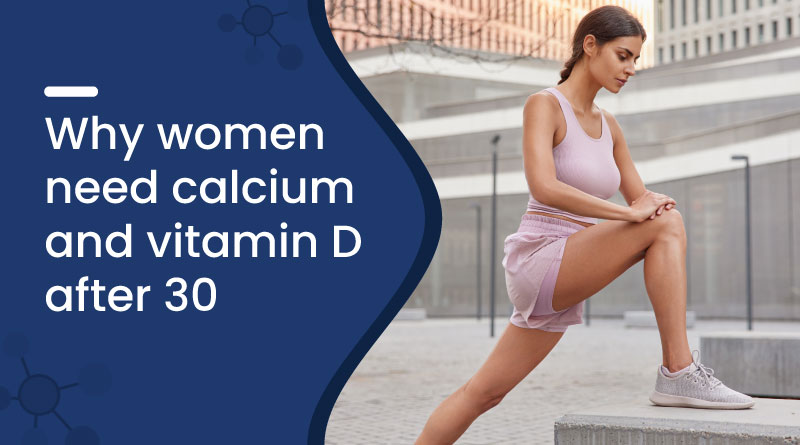
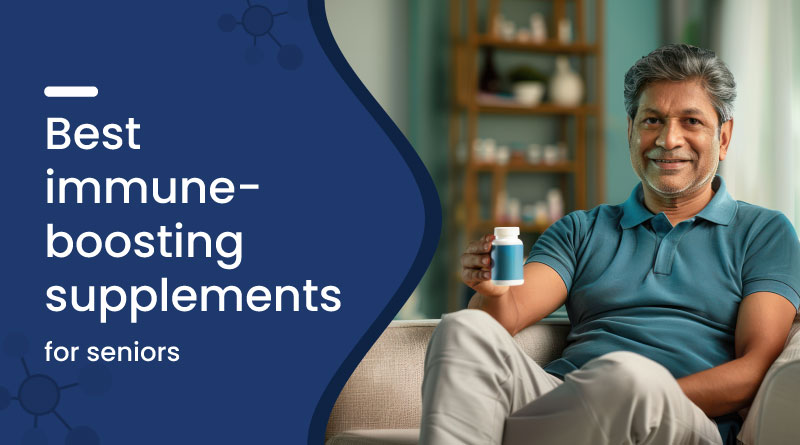
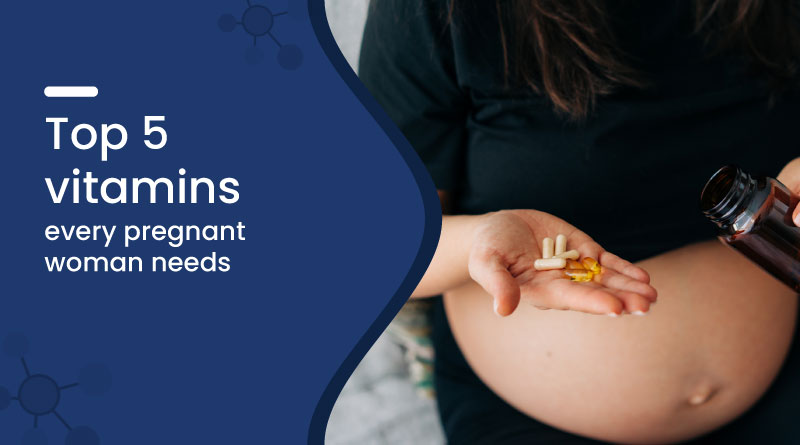
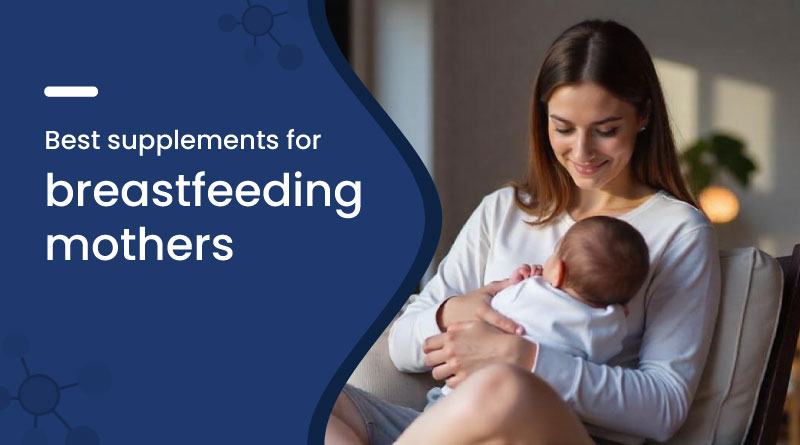
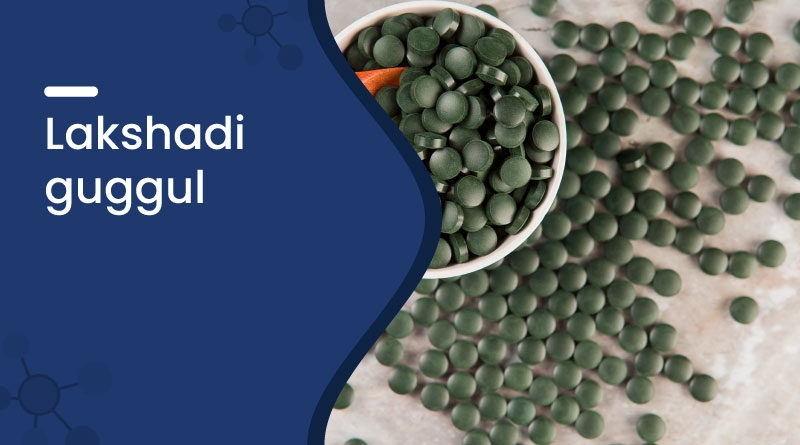
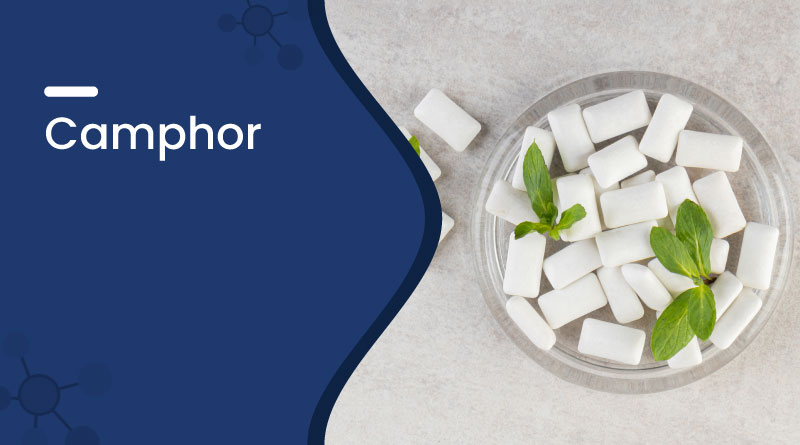

 Added!
Added!